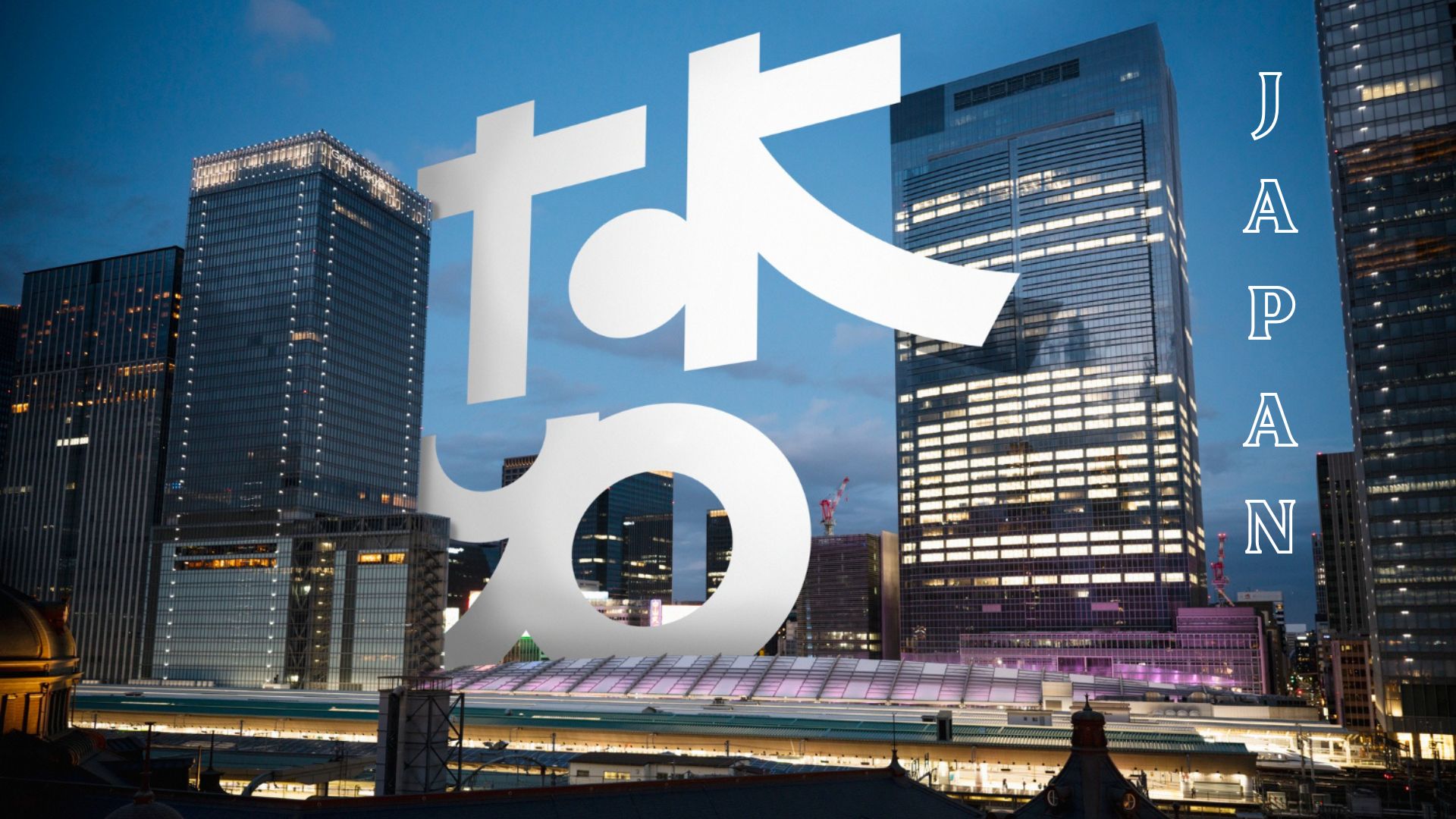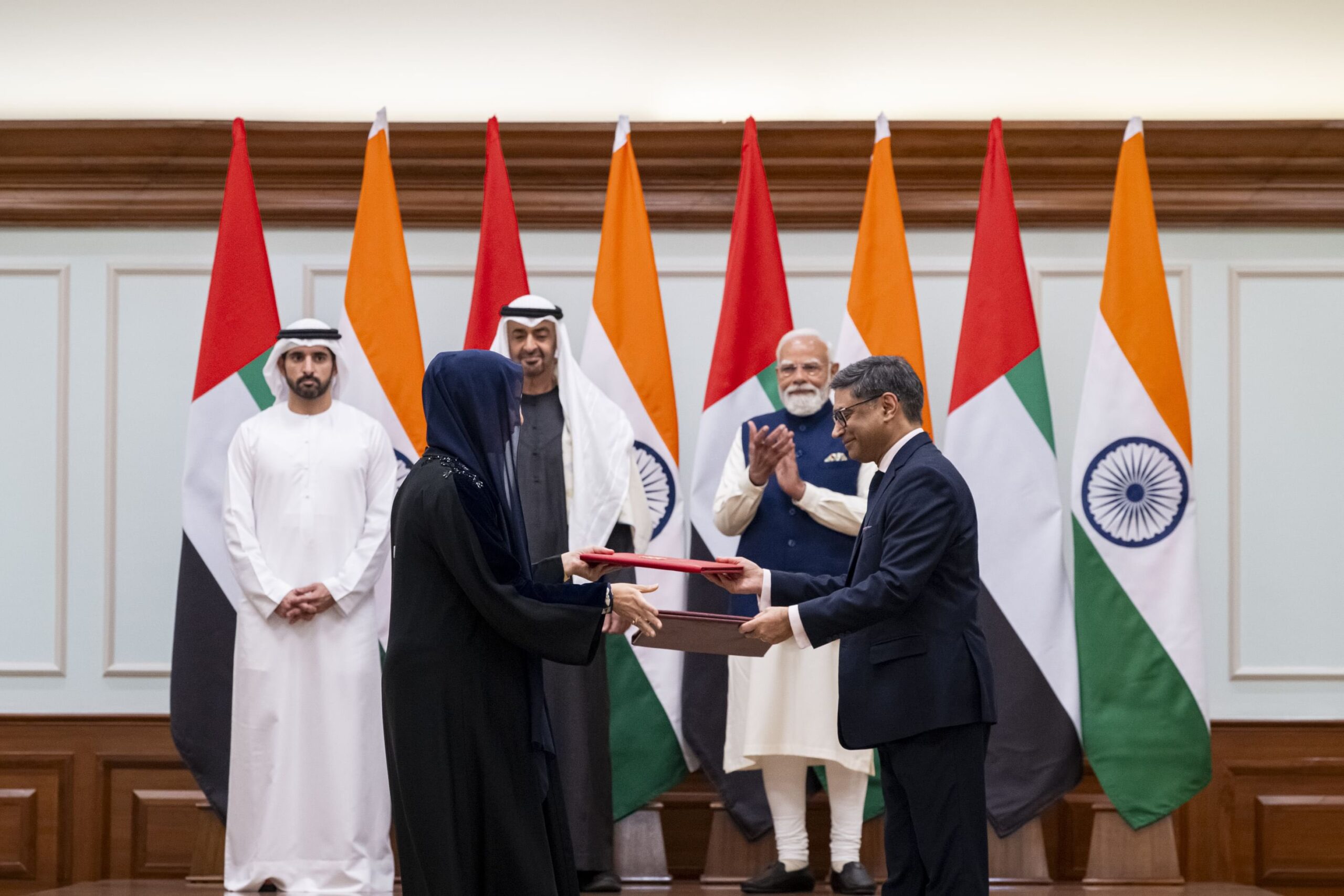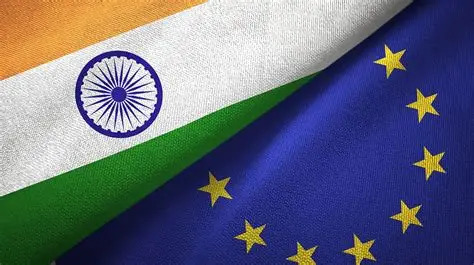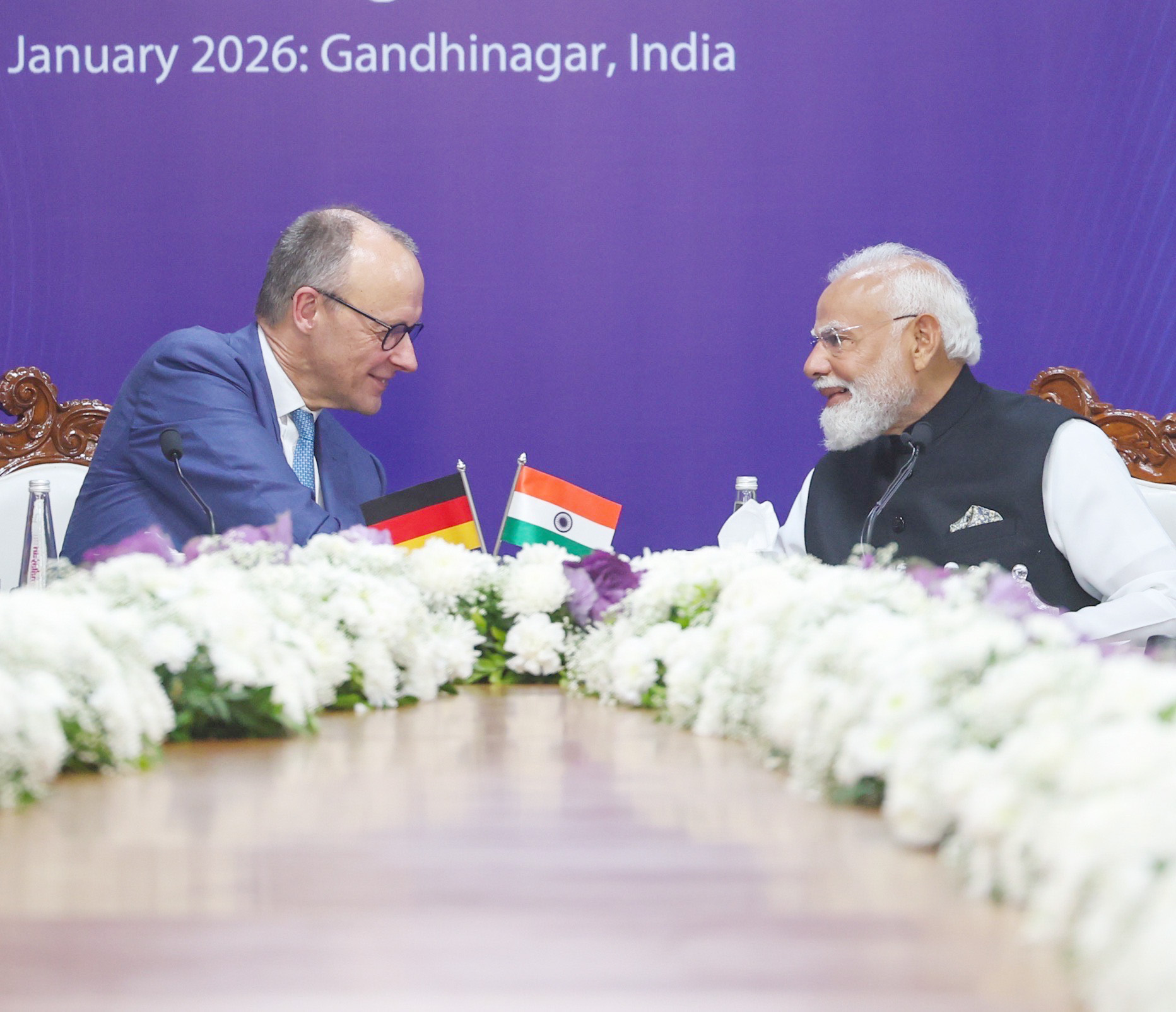India-Taiwan Trade Hits $10 Billion: How SMEs Are Driving the Next Phase of Growth

In recent years, the economic relationship between India and Taiwan has undergone a remarkable transformation. What was once a limited engagement has evolved into a dynamic trade partnership, with bilateral trade crossing the $10 billion mark in FY 2023-24. This momentum shows no signs of slowing, as both nations deepen strategic and economic ties. The partnership is fueled by complementary strengths, Taiwan’s expertise in advanced technology and precision manufacturing, and India’s vast consumer base, skilled workforce, and rapidly growing innovation ecosystem. At the center of this evolving relationship are SMEs, which are uniquely positioned to accelerate this growth.
Global Supply Chain Shifts Creating New Opportunities
The reconfiguration of global supply chains is a major factor driving this surge. The pandemic, geopolitical tensions, and the risks of overdependence on China have pushed multinational corporations to diversify sourcing and manufacturing. Taiwan, which sends over 35% of its trade to China, is actively seeking alternative markets. India, with its robust economic growth and improving investment climate, has emerged as a natural partner.
This shift offers India a chance to attract Taiwanese capital, technology and industrial know-how in sectors such as semiconductors, electronics, renewable energy, and high-end manufacturing. For Indian SMEs, the realignment opens doors to act as subcontractors, technology partners and value-chain integrators for Taiwanese companies seeking local collaboration.
SMEs as Catalysts
India’s emergence as an innovation-driven manufacturing hub makes it particularly attractive for Taiwanese SMEs, which constitute 98% of Taiwan’s enterprises and employ more than 78% of its workforce. By localizing production and forming joint ventures, Taiwanese companies can meet India’s growing demand for high-quality yet affordable products, while optimizing costs. Conversely, Indian SMEs gain access to cutting-edge Taiwanese technologies in electronics, automation and green energy, strengthening their competitiveness both domestically and globally.
The electronics and semiconductor industry exemplifies this collaboration. India’s semiconductor import bill exceeded $20 billion in 2024, highlighting the urgent need to build local capacity. Taiwan, home to global leaders like TSMC, is stepping up its engagement. The planned semiconductor fabrication plant in Gujarat, a partnership between Powerchip Semiconductor Manufacturing Corp and Tata Group, represents a landmark initiative. While driven by large corporations, this project is expected to generate opportunities for hundreds of SMEs in design services, component assembly, logistics and maintenance.
In the automotive sector, Taiwanese precision-part makers are aligning with India’s established auto clusters in Pune, Chennai and Gurugram, meeting rising demand for electric vehicles. In renewable energy, Taiwan’s expertise in solar PV modules, energy storage and advanced battery technologies supports India’s target of 500 GW of renewable capacity by 2030, with SMEs playing a crucial role in installation, distribution and supply-chain management.
Digital Integration
Digital tools are transforming how SMEs engage in international trade. Cross-border B2B platforms, virtual trade expos, and integrated payment systems enable enterprises to negotiate, transact, and manage supply chains without heavy upfront investment. This is critical, as SMEs often lack the capital, global networks and language capabilities needed for overseas expansion. Digital platforms are narrowing these gaps, making global collaboration more accessible.
Policy Support Strengthening Bilateral Trade
Both New Delhi and Taipei have reinforced these commercial linkages with policy measures and institutional support. The opening of the Taipei Economic and Cultural Center in Mumbai in 2024 enhances Taiwan’s outreach in western India’s manufacturing hubs. Taiwanese financial institutions such as CTBC Bank and Fubon Bank are expanding in India, facilitating trade finance and investment flows. Government initiatives, including trade delegations, technology expos and SME-focused programs, are creating structured opportunities for partnerships. Simplified customs procedures, dedicated credit lines and capacity-building programs are further supporting smaller enterprises.
Addressing Structural and Financial Challenges
Despite the positive trajectory, SMEs face challenges such as high tariffs on electronic components, cultural differences and logistical complexities. Financing remains a significant hurdle, as many SMEs struggle to access loans for international ventures. Talent shortages in highly specialized fields like semiconductor fabrication add another layer of difficulty. Both countries are addressing this by launching joint training initiatives, including programs where Indian engineers receive hands-on experience in Taiwanese facilities, ensuring a pipeline of skilled professionals.
A Defining Moment for India-Taiwan Trade
Bilateral trade, currently at $10-11 billion annually, is projected to reach $25 billion by the end of this decade if current trends continue. For SMEs, this is not just a statistical forecast but a transformative opportunity to globalize operations, innovate, and scale. India’s youthful workforce and Taiwan’s technical expertise create fertile ground for joint ventures, start-up incubators and skill-exchange programs that can power future-ready industries.
The surge in India-Taiwan trade reflects more than changing geopolitics, it is an affirmation of deep economic complementarities. For SMEs, this is a defining moment to embrace technology, integrate digitally, and overcome cultural and financial barriers. With persistence, policy alignment and mutual trust, India and Taiwan are poised to co-create a resilient, diversified and innovation-driven trade partnership that stands out in Asia’s evolving economic landscape.











